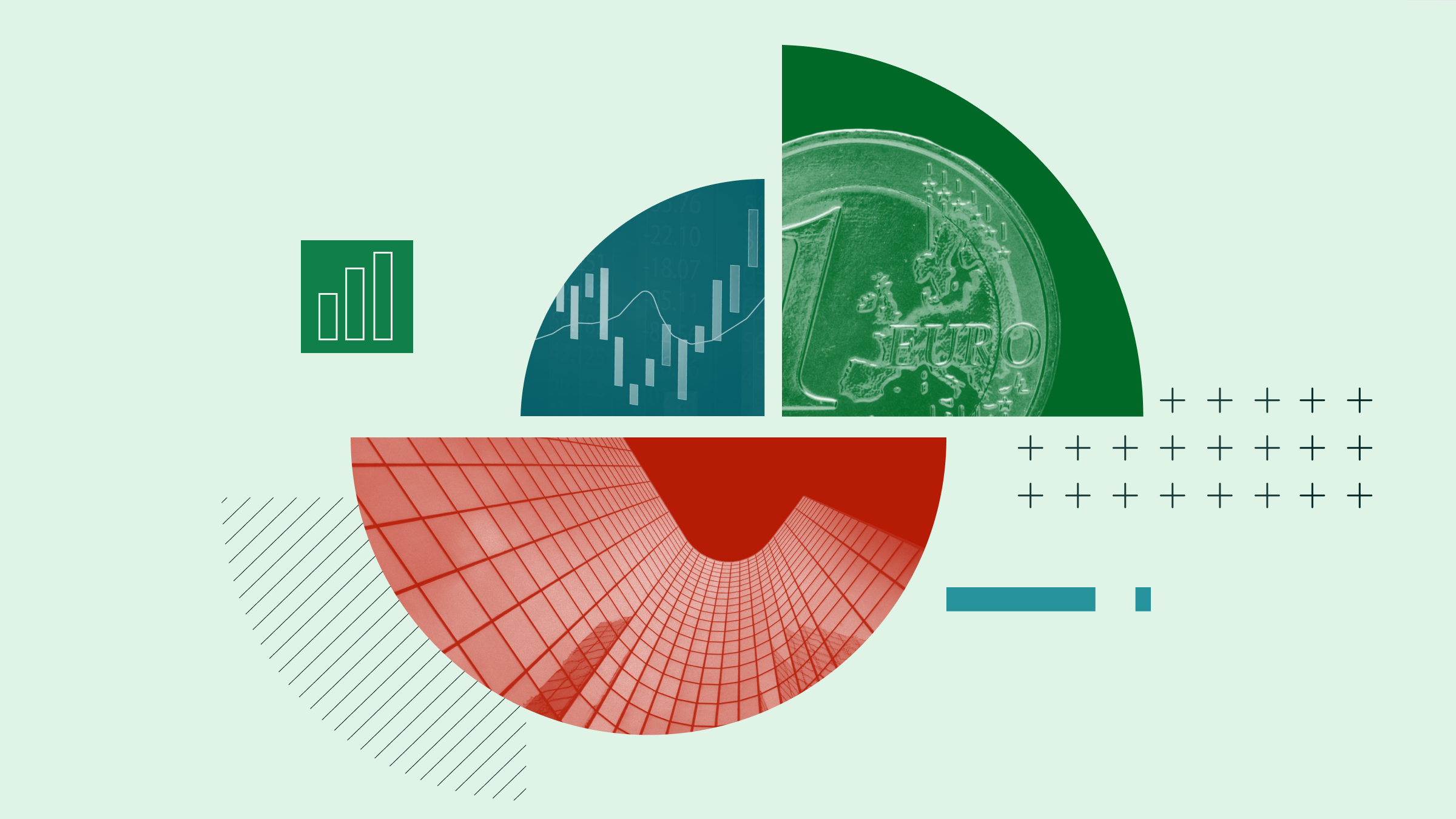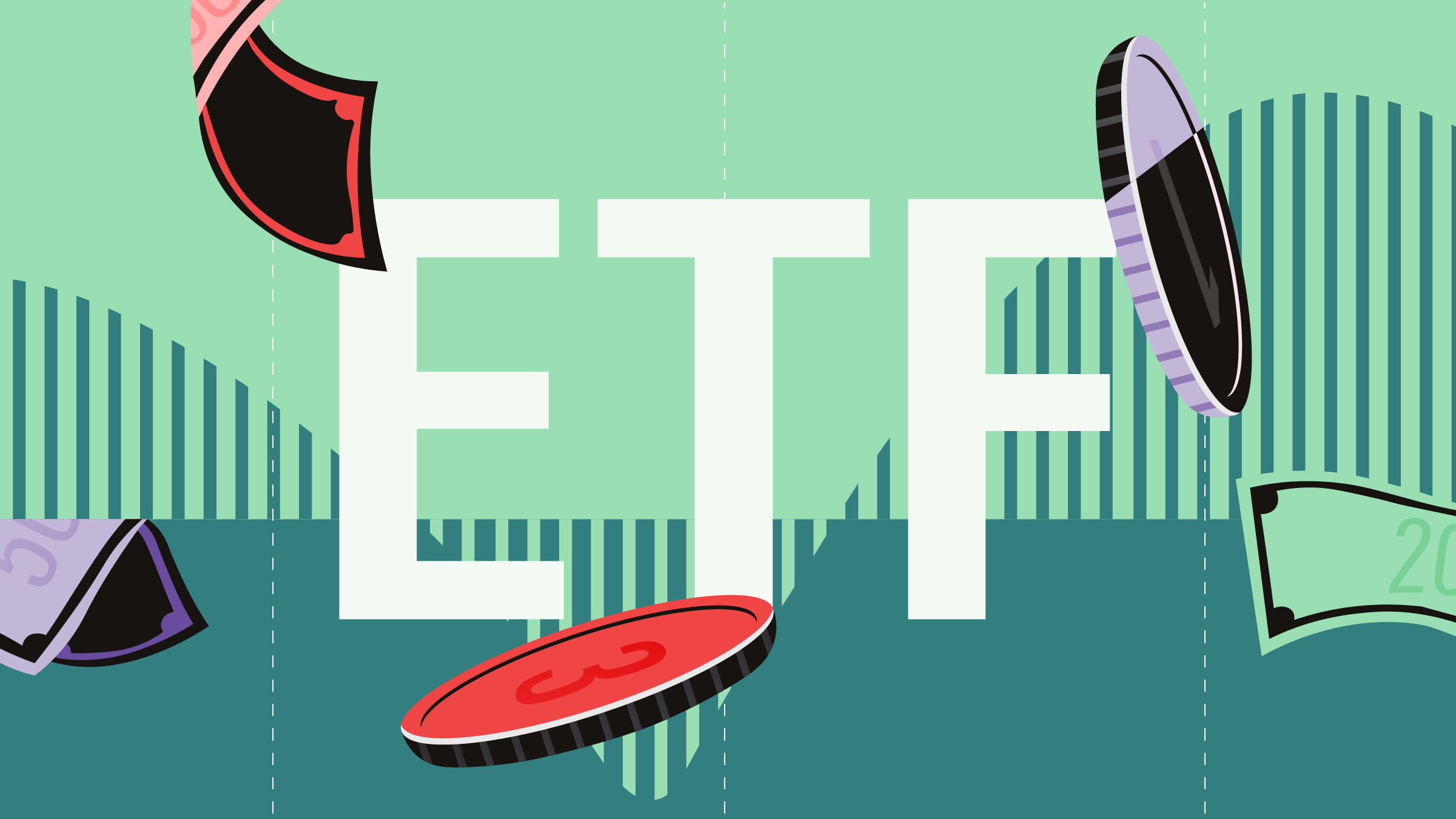Emma Wall: Hello and welcome to Morningstar. I'm Emma Wall and I'm joined today by Michael Krautzberger, Head of Fixed Income for Europe for BlackRock.
Hi, Michael.
Michael Krautzberger: Hello. Good morning.
Wall: So, many people are familiar with the concept of value investing when it comes to equities, but perhaps don't understand how it applies to bonds. How do you exercise value investing with bonds?
Krautzberger: Yeah, a good question. I mean, our concept we actually describe it as relative value investing which literally has two parts. There is a valuation-driven element similar then to equity investing that we really think what is the fair value of a bond on a standalone level and the relative value bit comes in, how is the relative value of a bond relative to another bond and the advantage of the relative element is that you actually can find trades even if you think the market is expensive.
If both bonds are expensive, but one is a bit cheaper than the other one, you can find a trade. And also, those trades are less correlated than if you just pick different bonds. If interest rates are rising, you lose on every element. That's the main concept of relative value investing in fixed income.
Wall: Of course, that's great theory, but we've got to apply it to the backdrop of what's going on in Europe and what's going on in Europe is they are cutting yields. We've got negative yields now in Europe. How do you apply that methodology and where do you see the opportunities?
Krautzberger: Yeah, absolutely, we have a problem of negative yields. All of our clients would wish for higher yields and probably higher returns. But I would almost say that is almost a case for active management because 40% of the market approximately are now in negative yield. If you buy them on a buy and hold, well, you kind of know what you get. If we buy a position, it's typically not to buy and hold; it's actually to have a profitable trade, maybe on a three months' horizon and that could even be two bonds of negative yield.
We could actually say, oh, Germany has in between traded at minus 40 basis points, France only at minus 5 in two-year bonds, we thought the French bond was cheap to the German one and we do a relative value trade. So, that is really the concept and maybe I just quickly highlight some areas where we see value.
Wall: Please do.
Krautzberger: We think inflation-linked bonds are too cheap. Recently, they were pricing 25 basis points average inflation over the next 4.5 years. With the oil price stabilizing, that's cheap. We think some peripheral costs are still too cheap – too steep relative to Germany. They have approximately the double steepness in two-tenths and we actually think the European market is relatively cheap because of the policy support versus some other markets where we have priced out a lot of rate hikes.
Wall: And how long can this environment continue where we are seeing rates being cut which of course means prices go up, but it is difficult for total returns?
Krautzberger: No, absolutely. And I would argue the good news is that pretty post the Bank of Japan and the ECB signal that we are towards the end of the rate cutting policy, which we think is good news because, yeah, negative interest rates are a perfect tool for a small open economy like Switzerland which has an exchange rate problem, but it has two-sided effects for larger economies and puts pressure on other trading partners.
So we argue we actually liked the recent ECB program a lot because it was less focusing on negative rates signal, the end might be close here, more signaling on policy support like the long tenders for banks, the buying of corporate bonds for non-banks. So, we think we are towards the end of the rate cutting cycle, but we are hopefully still in an environment where we have to look for value, for relative value. Well and I hope that will never end.
Wall: Michael, thank you very much.
Krautzberger: Thank you very much.
Wall: This is Emma Wall for Morningstar. Thank you for watching.




















